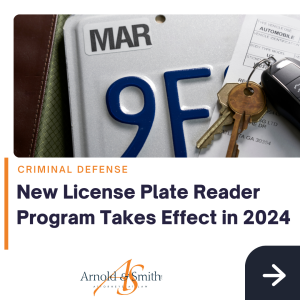 New Legislation Requires In-Vehicle Breathalyzers by 2026
New Legislation Requires In-Vehicle Breathalyzers by 2026
Impaired driving is an ongoing problem in every state. According to the Centers for Disease Control and Prevention (CDC), there are approximately a million drunk driving arrests in the United States every year. The legal blood alcohol concentration (BAC) in North Carolina is 0.08%. If the police suspect you are driving while impaired, they may ask you to perform some field sobriety tests as well as take part in a breathalyzer test. If you are over the limit, you will likely be facing DWI charges in North Carolina.
What are Breathalyzer Tests?
 Charlotte Criminal Lawyer Blog
Charlotte Criminal Lawyer Blog


